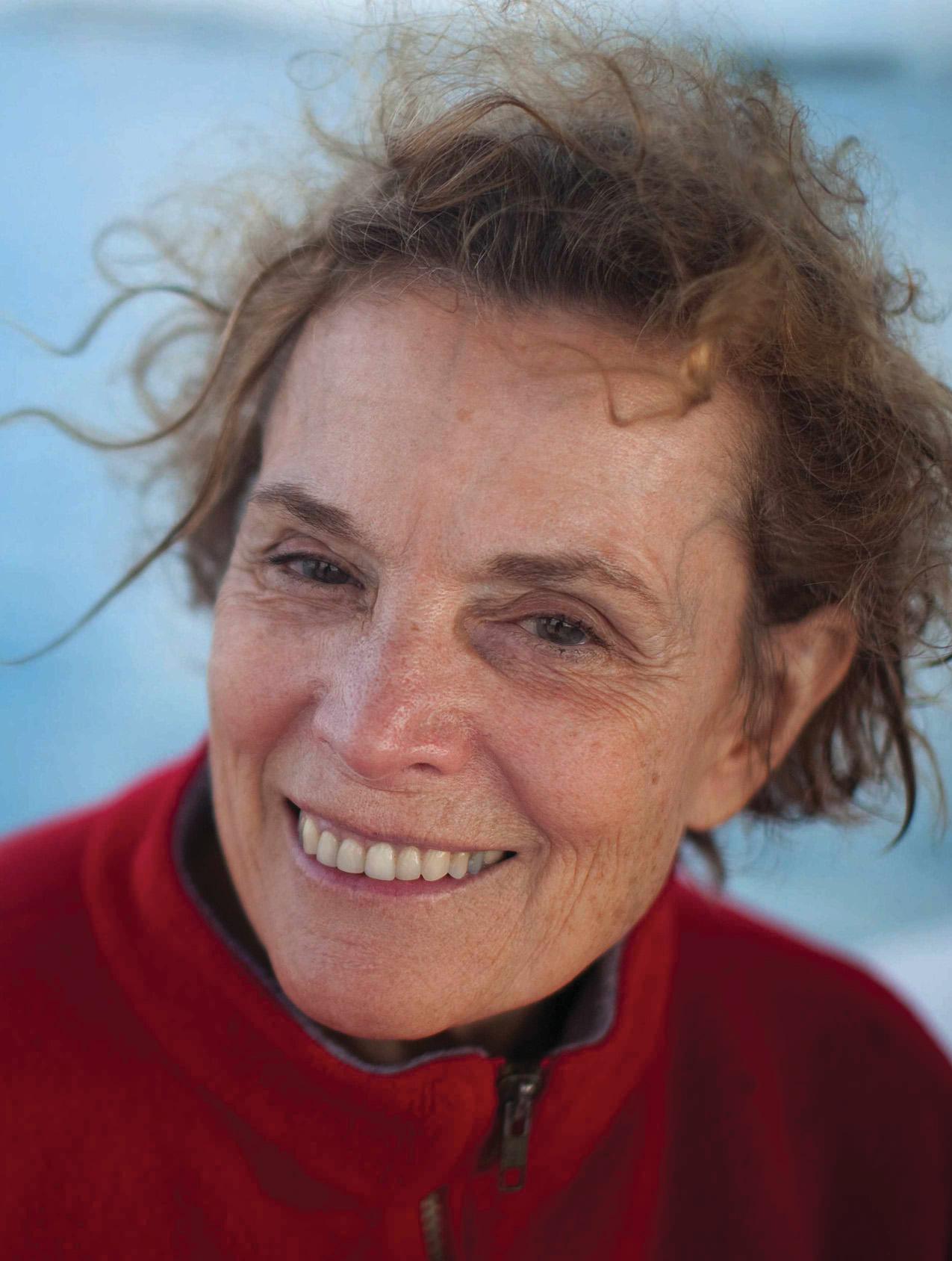Prøve GULL - Gratis
Mission Blue
BBC Wildlife
|June 2024
Sylvia Earle has dedicated her life to marine conservation; she tells BBC Wildlife why protecting the ocean is essential to all life on earth

WHEN SHE WAS BORN IN 1935, no-one had ever seen the Earth from space. Since then, American marine biologist Sylvia Earle has led more than 100 ocean expeditions and spent more than 7,500 hours underwater. She was the US National Oceanic and Atmospheric Administration's (NOAA) first female chief scientist; has been a National Geographic Explorer since 1998; and was Time Magazine's first Hero for the Planet. Currently aged 88, she still travels the world furthering her conservation work.
Like David Attenborough and Jane Goodall, whose careers have run parallel with hers, Sylvia has become a conservation legend. As I wait to meet her, an excited pool of people gathers, hoping for a moment, a word or a photo with 'Her Deepness' - a nickname she was given in 1989 by The New Yorker magazine that's stuck like a limpet ever since.
Sylvia has been a champion for nature her entire life. "I mean, I can't remember when I haven't," she says, "Even as a child, it just seemed logical." She remembers being on holiday in New Jersey, aged around three, and hearing and smelling the sea before she saw it. She promptly got knocked over by a wave when she turned her back.

Children question everything. Sylvia has kept this inquisitiveness and dedicated her career to following her curiosity. It's in our nature to explore, she explains; wanting to know more about the world around us is part of being human.
Denne historien er fra June 2024-utgaven av BBC Wildlife.
Abonner på Magzter GOLD for å få tilgang til tusenvis av kuraterte premiumhistorier og over 9000 magasiner og aviser.
Allerede abonnent? Logg på
FLERE HISTORIER FRA BBC Wildlife

BBC Wildlife
"I was terrified the elephant would ram us"
African elephant in Kenya
2 mins
January 2026

BBC Wildlife
ALL YOU EVER NEEDED TO KNOW ABOUT THE Fennec fox
THE FENNEC FOX IS THE SMALLEST fox in the world, with a body length that can be as little as 24cm.
3 mins
January 2026

BBC Wildlife
INTO THE PLASTISPHERE
A unique synthetic ecosystem is evolving in our oceans – welcome to the plastisphere
7 mins
January 2026

BBC Wildlife
“More than half of all animal life exists in a parasitic relationship, and all life lives in symbiosis”
Our survival depends on species evolving to live together - but some relationships take dark turns
7 mins
January 2026

BBC Wildlife
Are animals able to dream?
SLEEP IS A MYSTERIOUS THING. FOR A long time, we weren't sure why we do it.
1 mins
January 2026

BBC Wildlife
Does a cuckoo know it's a cuckoo?
ABSURD LITTLE BIRDS ACROSS THE world lay their eggs in the nests of other species, leaving the hapless parents to raise a changeling at the expense of their own offspring.
2 mins
January 2026

BBC Wildlife
Orcas killing young sharks
Juvenile great whites are easy prey for orca pod
1 mins
January 2026

BBC Wildlife
Ocean goes on tour
Acclaimed film touring the UK, backed by live orchestra and choir
1 min
January 2026

BBC Wildlife
Feisty bats hunt like lions
Winged mammals use a 'hang and wait' strategy to take down large prey
1 mins
January 2026

BBC Wildlife
SNAP-CHAT
Richard Birchett on magical merlins, wily coyotes and charging deer
2 mins
January 2026
Listen
Translate
Change font size

